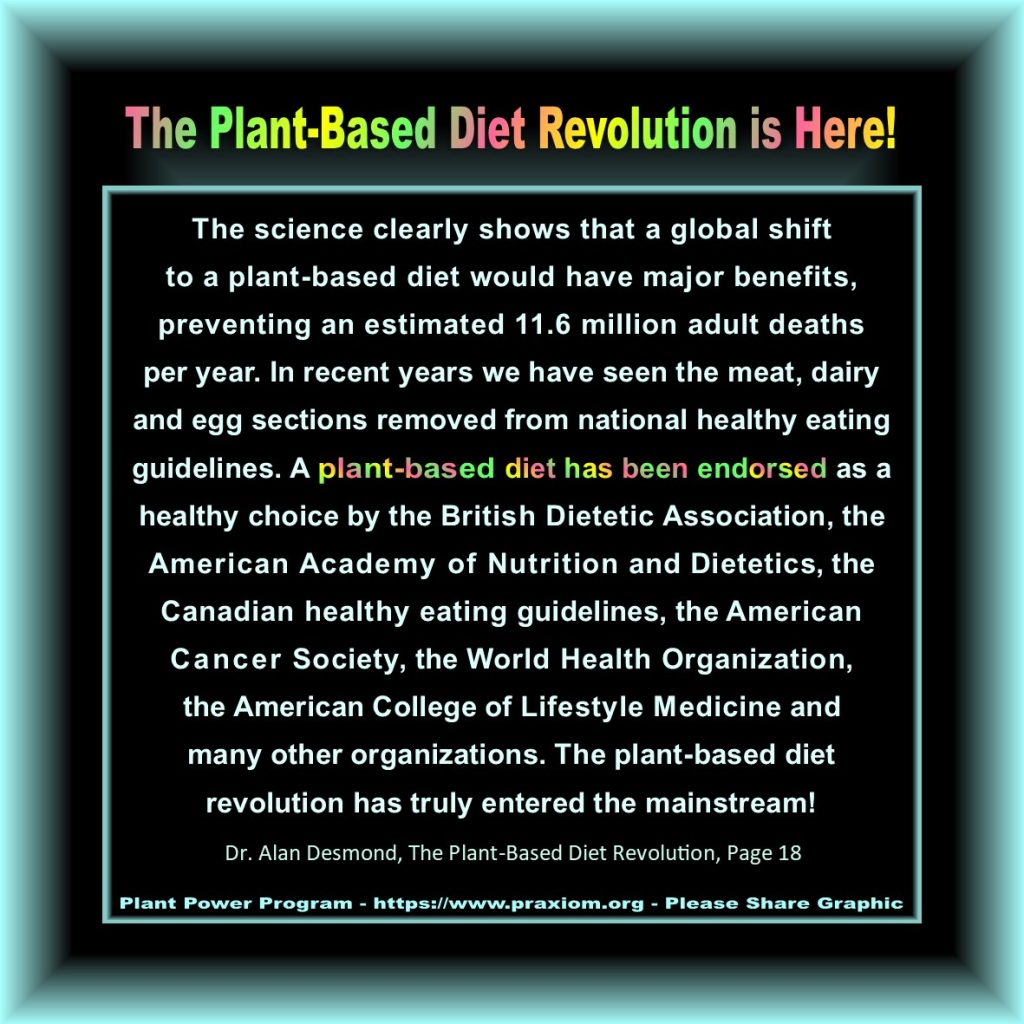In recent years, plant-based diets have gained mainstream appeal, transforming the way people think about food and nutrition. As more individuals become aware of the health benefits, environmental impact, and ethical considerations associated with plant-based eating, this dietary trend is rapidly evolving from niche to norm. With a focus on fruits, vegetables, whole grains, legumes, and nuts, plant-based diets not only promote better health but also contribute to a more sustainable future.
This article will delve into the reasons behind the surge in popularity of plant-based diets, exploring how they can lead to improved health outcomes, including weight management and reduced risk of chronic diseases. Additionally, we will discuss the environmental benefits of adopting a plant-based lifestyle, highlighting how reducing meat consumption can significantly lower carbon footprints and conserve natural resources. Furthermore, we will touch upon the ethical implications of plant-based eating, encouraging readers to consider the welfare of animals and the impact of their food choices.
As you continue reading, you will discover practical tips for transitioning to a plant-based diet, including meal planning, recipe ideas, and how to navigate social situations. Whether you are a seasoned vegan or simply curious about incorporating more plant-based meals into your routine, this article aims to provide valuable insights and inspiration. Join us on this journey to explore the vibrant world of plant-based eating and its potential to enhance your life and the planet.
In recent years, plant-based diets have gained significant traction among various demographics, transforming from niche lifestyles to mainstream dietary choices. This shift is driven by a combination of health, environmental, and ethical considerations, making plant-based eating more accessible and appealing to a broader audience.
Health Benefits of Plant-based Diets
One of the primary reasons for the growing popularity of plant-based diets is the numerous health benefits associated with them. Research indicates that individuals who adopt a plant-based diet often experience lower risks of chronic diseases such as heart disease, diabetes, and certain cancers. This is largely attributed to the high intake of fruits, vegetables, whole grains, and legumes, which are rich in essential nutrients and antioxidants.
Moreover, plant-based diets are typically lower in saturated fats and cholesterol, contributing to better heart health. Many people report improved digestion and increased energy levels after transitioning to a plant-based lifestyle. As awareness of these health benefits spreads, more individuals are motivated to explore plant-based eating as a viable option for enhancing their overall well-being.
Environmental Impact of Plant-based Eating
The environmental implications of food choices are becoming increasingly important to consumers. Plant-based diets are often touted as a more sustainable alternative to meat-heavy diets, as they require fewer natural resources and produce lower greenhouse gas emissions. Studies show that livestock farming is a significant contributor to deforestation, water scarcity, and pollution, prompting many to reconsider their dietary habits.
By choosing plant-based foods, individuals can reduce their carbon footprint and contribute to a more sustainable food system. This awareness has led to a surge in plant-based products in grocery stores and restaurants, catering to environmentally conscious consumers who wish to make a positive impact through their food choices.
Ethical Considerations and Animal Welfare
Ethical concerns regarding animal welfare play a crucial role in the appeal of plant-based diets. Many individuals are motivated by the desire to reduce animal suffering and exploitation associated with industrial farming practices. Documentaries and literature highlighting the harsh realities of animal agriculture have raised awareness and prompted a shift in consumer behavior.
As a result, more people are choosing plant-based options not only for their health and environmental benefits but also as a means of aligning their dietary choices with their ethical beliefs. This growing consciousness around animal rights has led to an increase in the availability of plant-based alternatives, making it easier for consumers to make compassionate choices.
The Rise of Plant-based Alternatives
The market for plant-based alternatives has exploded in recent years, with a wide variety of products now available to consumers. From plant-based meats to dairy alternatives, these products are designed to mimic the taste and texture of traditional animal-based foods, making the transition to a plant-based diet more appealing for many. Major food companies and startups alike are investing in research and development to create innovative plant-based options that cater to diverse palates.
This surge in availability has not only made plant-based eating more accessible but has also contributed to its mainstream appeal. Consumers can now enjoy familiar flavors and textures without compromising their dietary preferences, leading to a broader acceptance of plant-based diets across various demographics.
Social Media and Influencer Impact
Social media platforms have played a significant role in popularizing plant-based diets. Influencers and health advocates share their plant-based journeys, recipes, and tips, inspiring their followers to explore this lifestyle. The visual nature of platforms like Instagram and TikTok allows for the creative presentation of plant-based meals, making them more enticing and relatable.
This online community fosters a sense of belonging and support for those interested in adopting a plant-based diet. As more individuals share their experiences and successes, the stigma surrounding plant-based eating diminishes, encouraging others to join the movement.
Challenges and Misconceptions
Despite the growing popularity of plant-based diets, several challenges and misconceptions persist. Many people believe that plant-based eating is expensive or time-consuming, which can deter them from making the switch. However, with proper planning and knowledge, a plant-based diet can be both affordable and convenient.
Additionally, misconceptions about protein intake and nutritional adequacy can lead to hesitance in adopting a plant-based lifestyle. Education and awareness are key to dispelling these myths, as many plant-based foods are rich in protein and essential nutrients. By addressing these challenges, advocates can help more individuals embrace the benefits of plant-based eating.
| Aspect | Description |
|---|---|
| Definition | A plant-based diet primarily consists of foods derived from plants, including fruits, vegetables, nuts, seeds, oils, whole grains, legumes, and beans. |
| Health Benefits | Research indicates that plant-based diets can lower the risk of chronic diseases such as heart disease, diabetes, and certain cancers. They are often rich in fiber, vitamins, and antioxidants. |
| Environmental Impact | Adopting a plant-based diet can significantly reduce one’s carbon footprint, as animal agriculture is a major contributor to greenhouse gas emissions, deforestation, and water usage. |
| Market Trends | The demand for plant-based products has surged, with many companies introducing plant-based alternatives to meat and dairy, catering to a growing consumer base interested in healthier and sustainable options. |
| Challenges | Despite its benefits, transitioning to a plant-based diet can be challenging due to cultural preferences, availability of products, and misconceptions about nutrition. |
| Future Outlook | As awareness of health and environmental issues continues to rise, plant-based diets are expected to gain further popularity, influencing food industry trends and consumer choices. |



